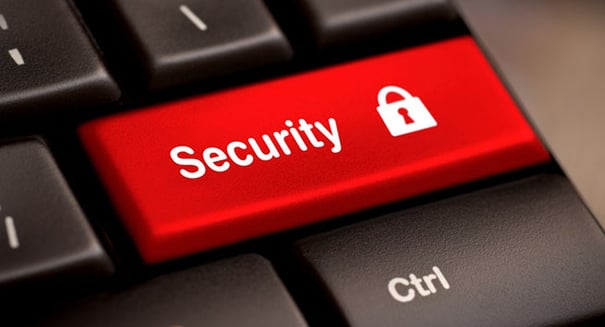
Operating with a substantial number of resources, governments have the unique ability to spy on the data of private citizens and companies, even though most developed countries have laws against this. While these laws may make people feel at ease, they can be ineffective if the government truly wants to spy on your data.
Even though your company most likely doesn’t have anything to hide you probably want to keep it as private as possible. With that said, there are a number of steps that organizations can take to make their data more difficult to spy on. Let’s look at some best practices for keeping data hidden from the government.
Know the Law
The first thing to do is understand all of your country’s laws. If you are concerned or have questions about part of the law, contact a lawyer. Otherwise, familiarize yourself with what is legal and what is not. That will allow you to know what kind of legal basis you have to work from if you need it.
Know Your Provider
Understand your cloud service provider’s policies. Different providers in different parts of the world may have different rules that they follow when a government asks for data, so make sure that you know your provider’s rules. If its rules don’t suit you, find a provider whose rules do.
Keep in Touch
Keep in touch with your IT staff, so they understand what's at stake. Give them the tools that they need to help keep your data safe and communicate with them regularly to keep apprised of any incidents outside the norm. Tell your IT department to alert you when something seems off. This will enable you to take the appropriate next steps.
Best Practices
First and foremost, follow good cybersecurity practices. Change user names and passwords frequently, use two-factor authentication when possible, and install a continuous monitoring security solution. You’ll want to see what happens on your network at all times, so make sure your IT staff has the proper technology tools.
Encrypt Your Data
Encrypt your data both in transit and at rest. While most governments may be able to break your encryption, it will take time and effort. If your data is not of the utmost importance to the government, it may not bother to see if you’ve taken the proper security steps.
Use a VPN
Use a virtual private network (VPN)as your pathway to the internet. A VPN will protect your browsers from intruders and lower the number of ways that malicious actors, including governments, can break into your network.
Go Off the Grid with an Offshore Cloud Service Provider
Finally, if you still feel uncomfortable, the most severe way to protect data is to go offline altogether. Make sure all of your data is stored on a secure server that has zero connections to the outside world in a location that you control.
